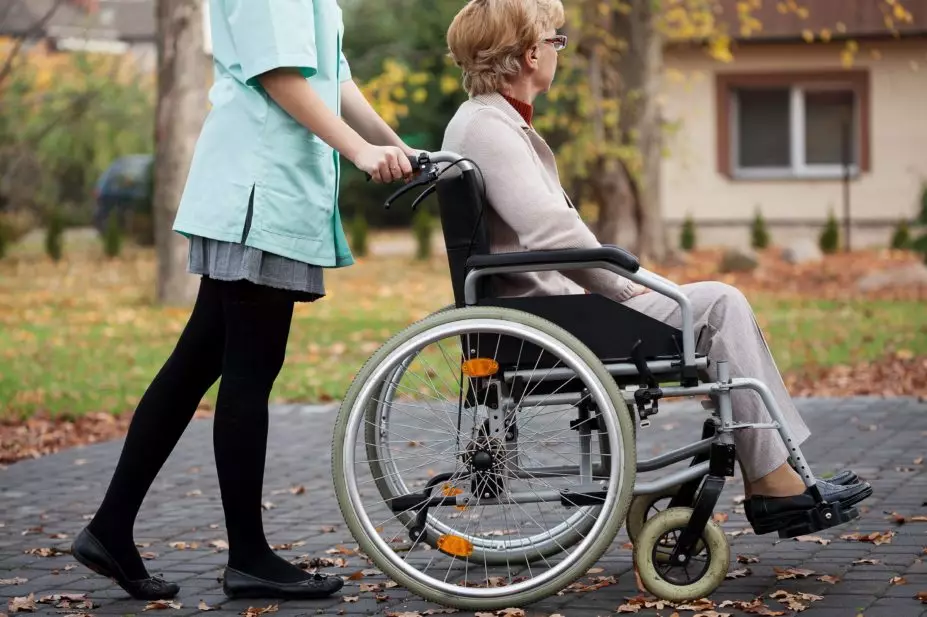
Shutterstock.com
Interventions supporting medicines continuity in older people are most successful in preventing hospital readmission when they bridge the gap between hospital discharge and returning home, a systematic review and meta-analysis published in Age and Ageing (20 February 2020) suggests[1]
.
The researchers identified 24 studies involving 17,664 people that tested interventions to support medicines continuity in people leaving hospital aged 65 years and over.
Interventions that bridged the transition from hospital to community for up to 90 days were the most effective, they found, while interventions that only focused on the hospital stay or post-discharge period were less effective. The most successful intervention types associated with a reduced risk of hospital readmission included self-management (relative risk [RR] 0.81, 95% confidence interval [CI] 0.74–0.89), telephone follow-up (RR 0.84, CI 0.73–0.97) and medicines reconciliation (RR 0.88, CI 0.81–0.96).
Previous research has shown that multicomponent interventions are more effective than single interventions, which may have contributed to the success of more sustained interventions.
“Further work needs to identify how best to engage with patients and their caregivers in order to better support post-discharge medication continuity,” the authors concluded.
References
[1] Tomlinson J, Cheong V, Fylan B et al. Age Ageing 2020;afaa002. doi: 10.1093/ageing/afaa002


